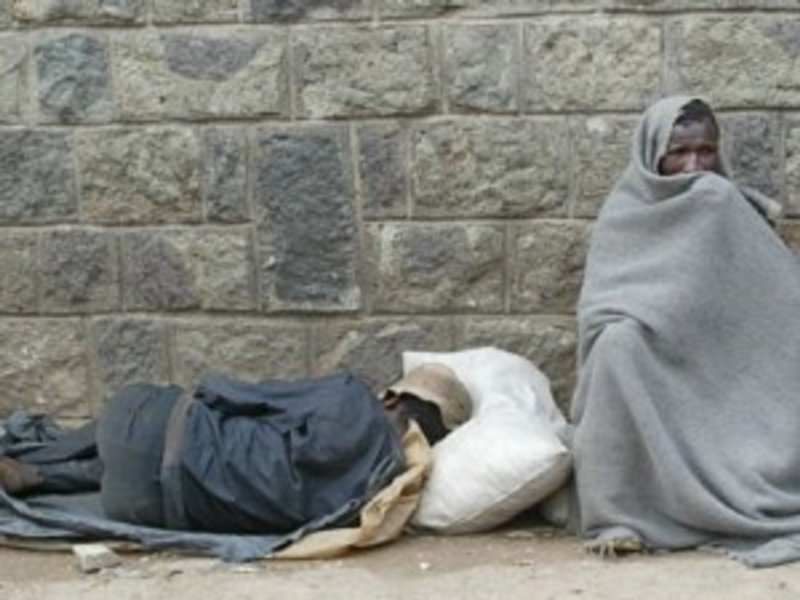Federal officials this week awarded more than $2.6 million to a local nonprofit agency that oversees various programs aimed at reducing homelessness.
The money, allocated by the U.S. Department of Housing and Urban Development (HUD), was given to Strategies to End Homelessness, which was formerly known as the Cincinnati/Hamilton County Continuum of Care.
In total, HUD awarded nearly $201 million to 731 programs focused on addressing homelessness. The funding will help provide critically needed rapid re-housing, transitional housing, and permanent supportive housing for homeless individuals and families.
Locally, Strategies to End Homelessness coordinates such federal funding. It will divide the money as follows:
** Center for Independent Living Options (permanent housing) — $854,432
** Salvation Army (rapid re-housing for homeless families) — $526,797
** Prospect House (homeless housing and treatment) — $126,000
** Freestore Foodbank (rapid re-housing for homeless individuals) — $739,858
** Lighthouse Youth Services (permanent supportive housing) — $409,122
HUD awards such funding based on outcomes achieved by the local homeless services system.
“Our community received this funding because we have been successful at doing two things: helping homeless people move into housing, and also increase their income, specifically through employment,” said Kevin Finn, Strategies’ executive director, in a prepared statement.
According to the latest data reported by more than 3,000 cities and counties throughout the United States, homelessness declined 2.1 percent between 2010 and 2011 and dropped 12 percent among military veterans.
Founded in 2007, Strategies to End Homelessness coordinates services and funding toward the goal of ending homelessness. The organization works to prevent at-risk households from becoming homeless, assist people who are homeless back into housing, and to reduce the recurrence of homelessness.
The organization has created a single, coordinated system that includes the use of homelessness prevention services, street outreach, emergency shelter, rapid re-housing, transitional and permanent supportive housing, and services-only programs.


